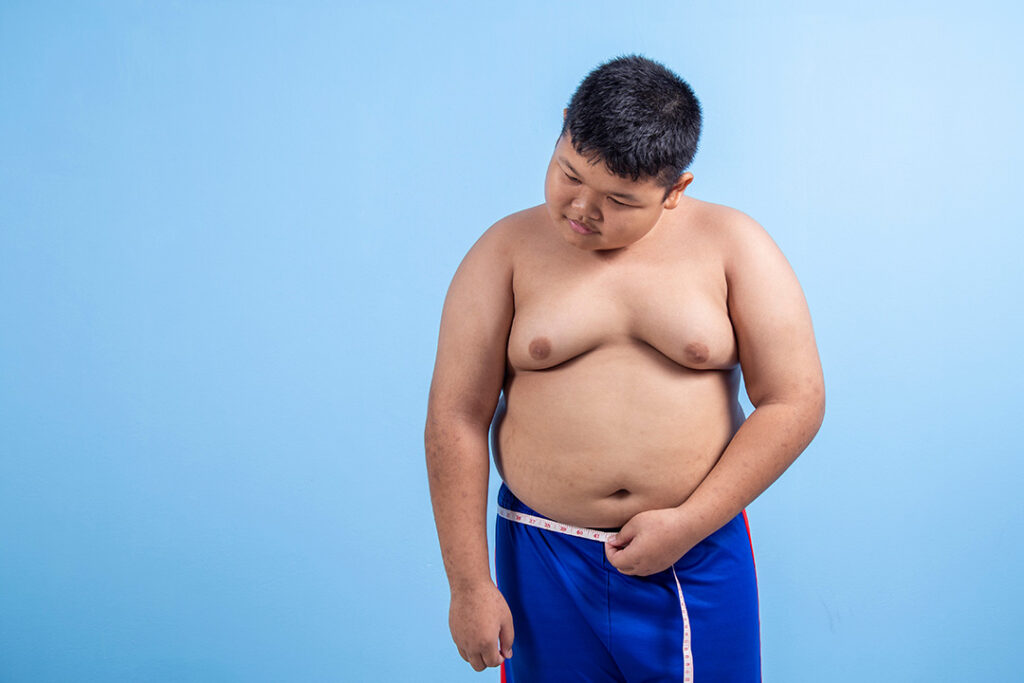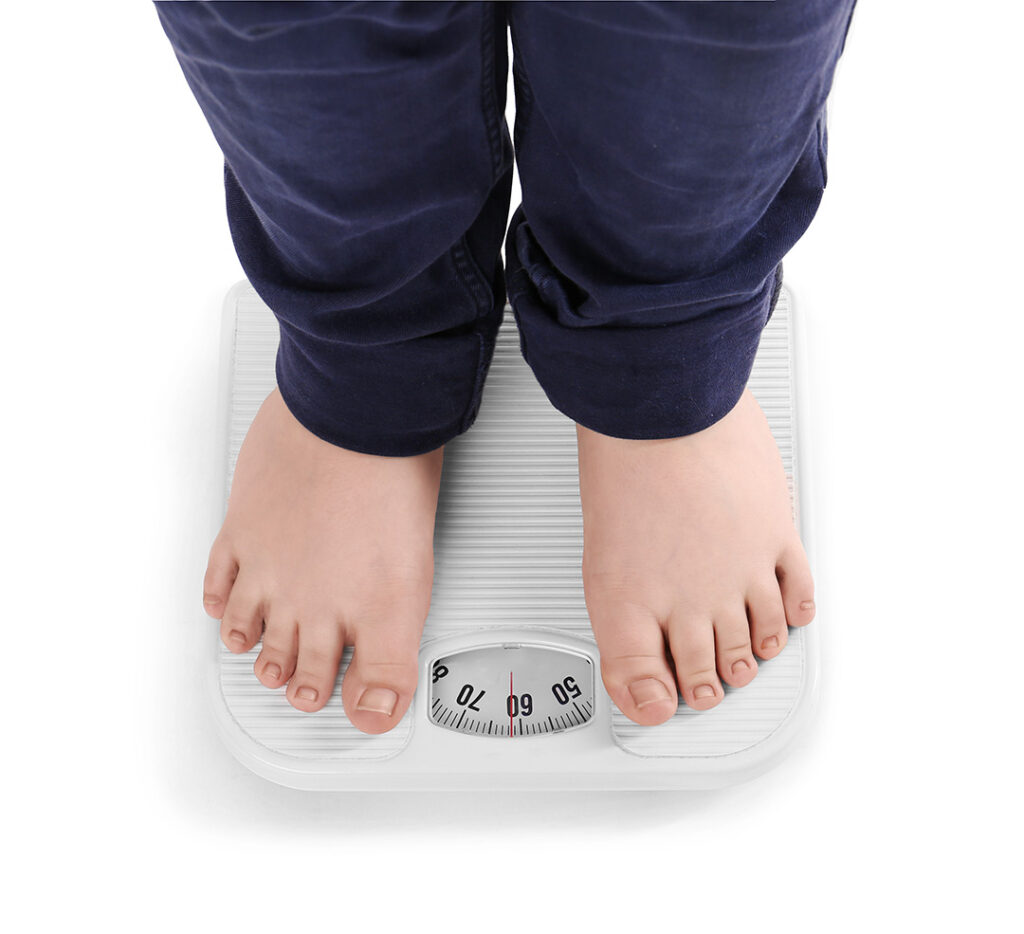Childhood obesity is a big problem that affects children worldwide. It happens when a child weighs more than what’s healthy for their age and height. This condition is more than just extra weight; it can lead to serious health issues both now and in the future. Let’s break it down in simple terms to understand what causes childhood obesity, why it’s important to address it, and how families and communities can help.
What Is Childhood Obesity?
Childhood obesity means that a child has more body fat than is healthy. Doctors often check this using something called Body Mass Index (BMI). For kids, they look at BMI percentiles, which compare a child’s weight and height to others their age and gender.

Why Is Childhood Obesity a Problem?
When children are obese, it doesn’t just affect their weight—it can affect their entire health:
- Physical Health Risks:
- They might develop health problems like high blood pressure, type 2 diabetes, or high cholesterol.
- It can also lead to breathing problems like asthma and joint pain because of the extra strain on their bodies.
- Mental Health Effects:
- Obesity can make children feel less confident or lead to anxiety and depression because of bullying or body image concerns.
- Future Problems:
- Children who are obese are more likely to stay obese as adults, which increases their chances of serious health problems like heart disease.

What Causes Childhood Obesity?
There’s no single cause for childhood obesity. It usually happens because of a combination of factors:
- Unhealthy Eating Habits:
- Eating too many sugary drinks, fast food, and snacks like chips and candy.
- Not eating enough healthy foods like fruits, vegetables, and whole grains.
- Lack of Exercise:
- Spending a lot of time on phones, tablets, or watching TV instead of playing or being active.
- Not having safe spaces to run, play, or do sports.
- Family Influence:
- If parents or siblings have unhealthy eating or exercise habits, kids often follow their example.
- Genetics can also play a role, but lifestyle habits matter more.
- Environment:
- Unhealthy foods being more available and cheaper than healthy options.
- Advertising that targets kids with sugary cereals, fast food, and snacks.

How Can We Prevent Childhood Obesity?
The good news is that there are many ways to help prevent childhood obesity, and it often starts at home.
- Healthy Eating:
- Try the “half-plate rule”: Fill half of the plate with fruits and vegetables during meals.
- Cut back on sugary drinks like soda and juices—water and milk are better options.
- Cook more meals at home instead of eating fast food.
- Staying Active:
- Encourage kids to play outside, ride bikes, or join sports. Aim for at least 1 hour of physical activity every day.
- Limit screen time (TV, phones, video games) to 1–2 hours a day.
- Healthy Habits as a Family:
- Parents should lead by example. When kids see you eating healthy and being active, they’re more likely to follow.
- Make family time active by going for walks, playing games, or exploring parks together.
- In Schools and Communities:
- Support healthier school lunches and physical education programs.
- Push for more parks and safe spaces where kids can play.

What Can Families Do to Help?
Small steps can make a big difference:
- Start Slowly: Don’t try to change everything at once. Begin by swapping sugary snacks for fruits or veggies.
- Make It Fun: Let kids pick out fruits and vegetables at the store or help cook meals.
- Avoid Food as a Reward: Reward kids with activities like a trip to the park instead of treats like candy.
- Talk to a Doctor: If you’re unsure what’s healthy for your child, ask a doctor or a dietitian for advice.
When Should You Be Concerned?

Parents should talk to a doctor if:
- Their child’s weight is causing health problems like difficulty breathing or high blood pressure.
- They notice their child struggling with low confidence or feeling sad about their body.
- They don’t know how to make healthier changes at home.

Final Thoughts

